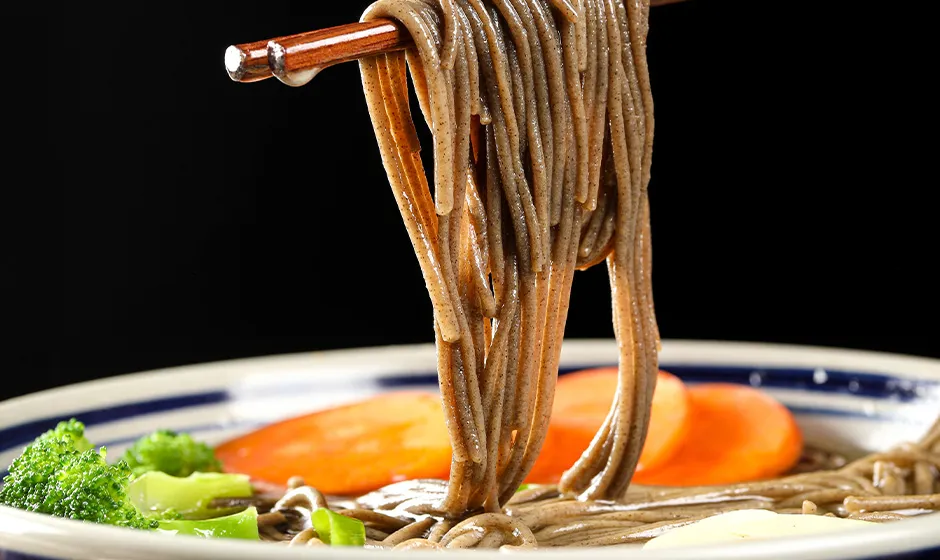are instant noodles healthy
Are Instant Noodles Healthy?
Instant noodles have become a staple food for many around the globe due to their convenience, affordability, and quick preparation time
. However, amidst their popularity, a crucial question arises are instant noodles healthy? This article delves into the nutritional aspects, health implications, and alternatives to help you make informed decisions about your diet.Firstly, it's important to examine the nutritional profile of instant noodles. While they are primarily made from refined wheat flour, some brands add essential nutrients to fortify their products. However, many instant noodles lack adequate vitamins and minerals. They are often low in protein and fiber, which are essential for a balanced diet. A typical serving of instant noodles may contain approximately 300-400 calories, primarily derived from carbohydrates. While they provide a quick source of energy, they may not sustain you for long, leading to increased hunger soon after consumption.
One of the main concerns regarding instant noodles is their high sodium content. A single serving can contain anywhere from 700 to 1,500 milligrams of sodium, which is significant considering the American Heart Association recommends no more than 2,300 milligrams per day. Excessive sodium consumption can lead to health issues such as hypertension, heart disease, and stroke. Additionally, some instant noodles contain additives and preservatives that may have adverse health effects over time.
Another factor to consider is the presence of unhealthy fats in many instant noodles. Some brands use palm oil or other hydrogenated oils to preserve texture and flavor. These types of fats can raise LDL cholesterol levels and lower HDL cholesterol levels, increasing the risk of cardiovascular diseases. While some brands now offer whole grain or healthier oil options, consumers should always read the labels to make informed choices.
Instant noodles may be more appealing when flavored with the accompanying seasoning packets, but these too are often laden with artificial ingredients and high levels of sodium. They can contribute to an unhealthy eating pattern if consumed frequently. Regularly opting for instant noodles as your primary meal source may lead to nutritional deficiencies over time, particularly if you are not incorporating other food groups into your diet.
are instant noodles healthy

Despite these concerns, instant noodles can still fit into a balanced diet if consumed occasionally and modified for better nutritional value. Here are some strategies to enhance their health benefits
1. Add Vegetables Incorporating fresh or frozen vegetables can boost the nutrient content of your meal. Spinach, carrots, bell peppers, and broccoli are excellent options that can add fiber, vitamins, and minerals.
2. Incorporate Protein Adding a source of protein, such as eggs, tofu, or lean meats, can help increase the meal's satiation factor. This combination can aid muscle recovery and provide long-lasting energy.
3. Use Less Seasoning Limiting the amount of seasoning provided and opting for homemade sauces can reduce excess sodium and artificial ingredients. Consider using herbs and spices for flavor without the added salt.
4. Choose Healthier Brands As more people become health-conscious, various brands have emerged that offer whole grain noodles, organic options, and lower-sodium varieties. Exploring these alternatives can lead to better nutritional choices.
In conclusion, while instant noodles are not the epitome of health food, they can be enjoyed responsibly as part of a balanced diet. Understanding what you’re consuming and finding ways to enhance their nutritional value can allow you to enjoy this convenient option without compromising your health. As with any food, moderation and balance are key.
-
Unleash Your Inner Chef with Delectable Italian Pasta CreationsNewsAug.01,2025
-
Savor Health and Flavor: Irresistible Soba Noodles for Sale Await!NewsAug.01,2025
-
Nourish Your Body with Premium Organic Ramen - A Culinary Delight AwaitsNewsAug.01,2025
-
Elevate Your Dishes with Our Exquisite Kinds of Egg NoodlesNewsAug.01,2025
-
Dive into Flavorful Convenience with Our Ramen OfferingsNewsAug.01,2025
-
Discover Exquisite Types of Naengmyeon and Chilled Soba NoodlesNewsAug.01,2025
-
Is Whole Wheat Pasta Healthy?NewsMay.30,2025
Browse qua the following product new the we

















































































































